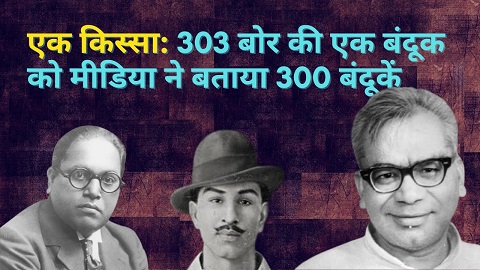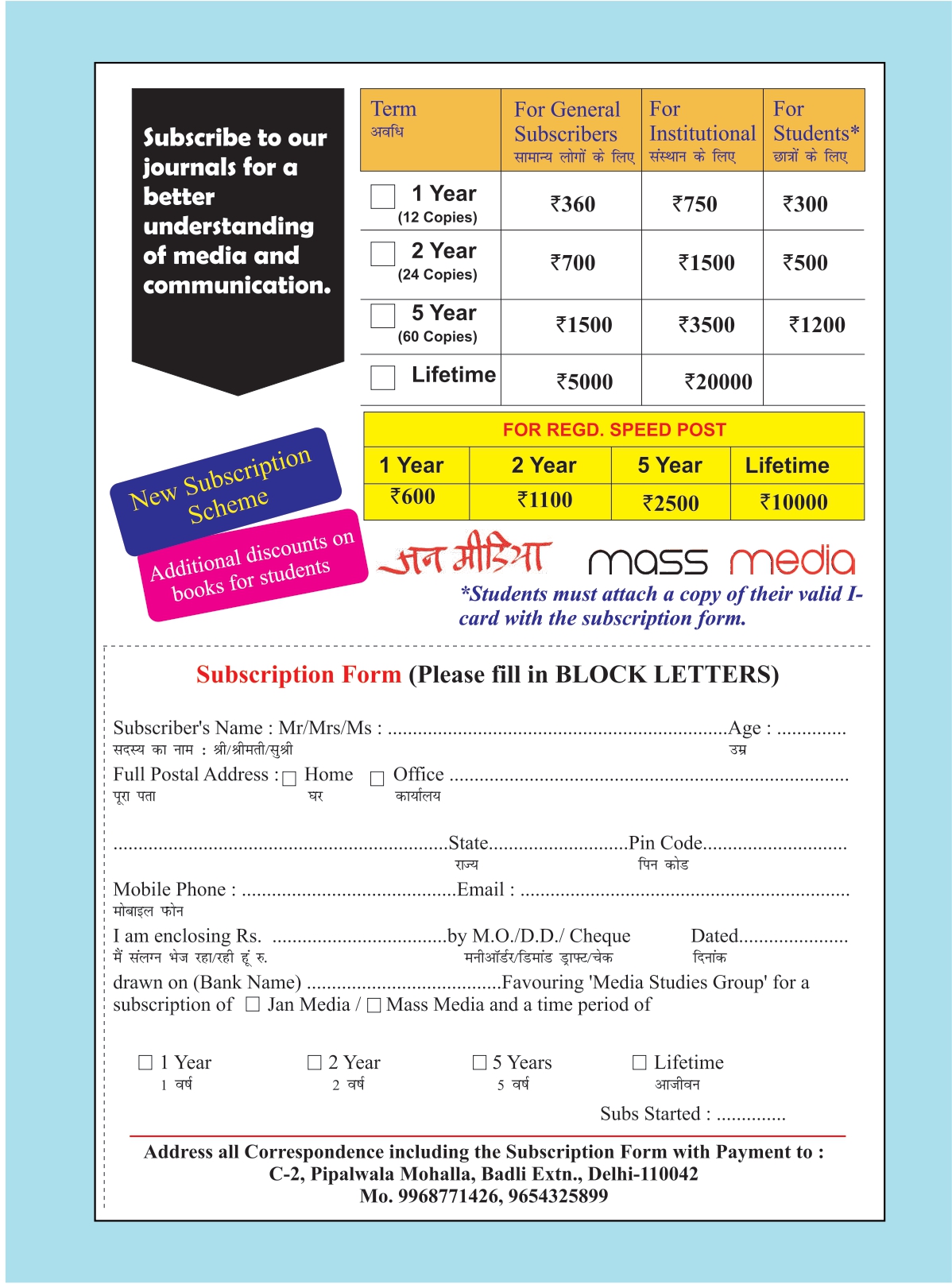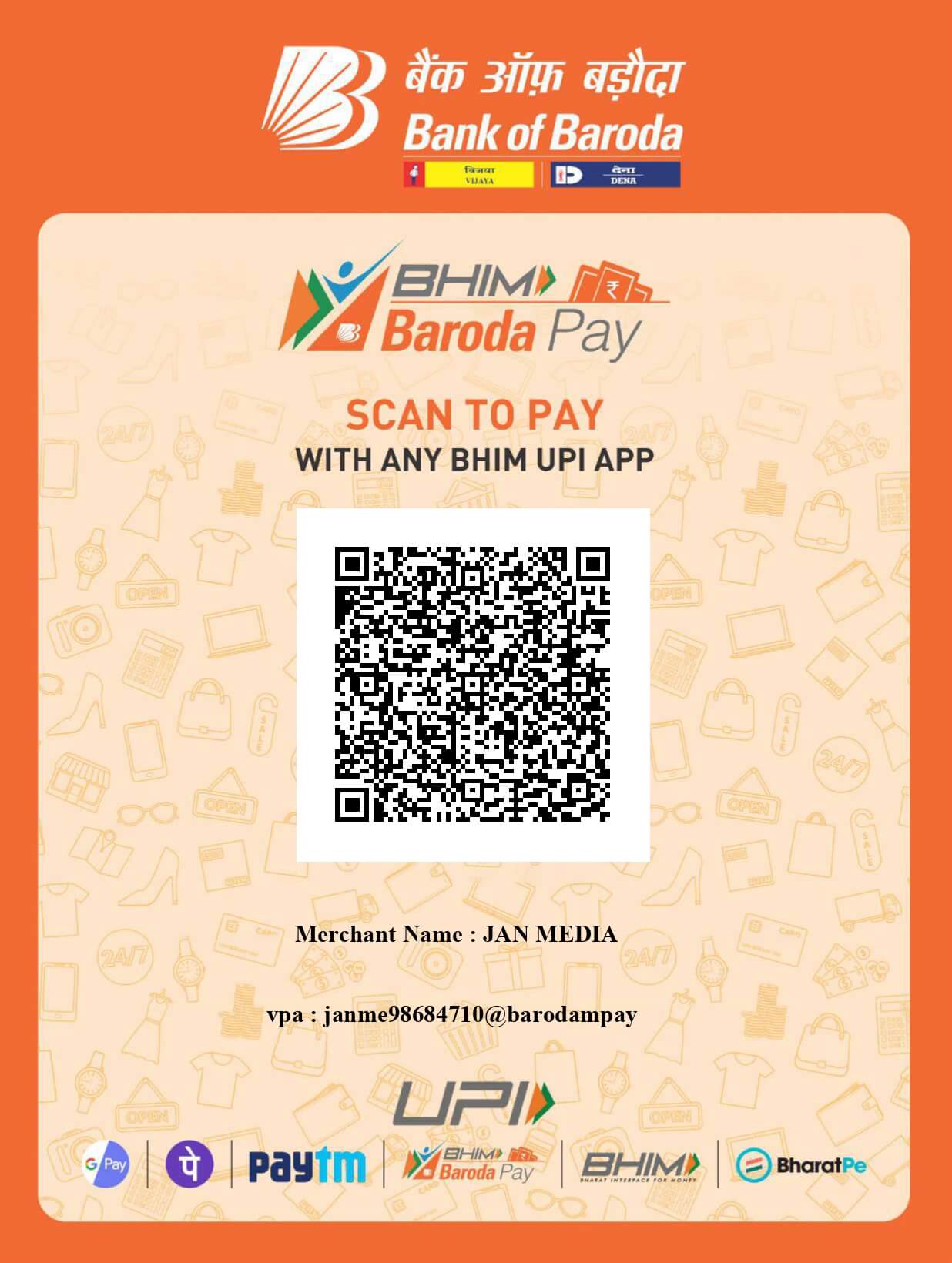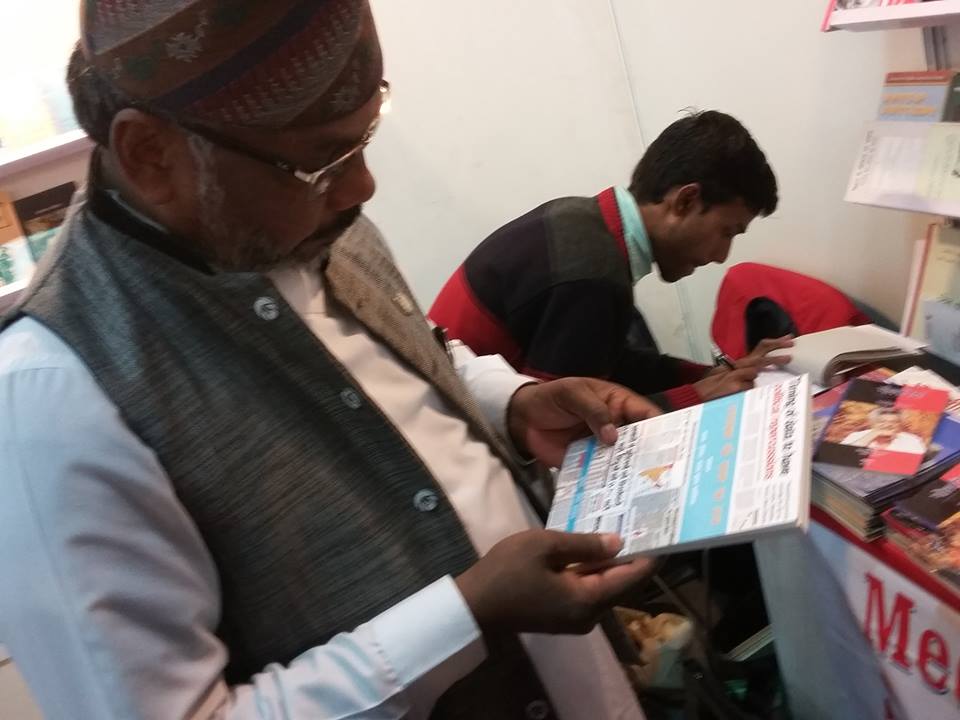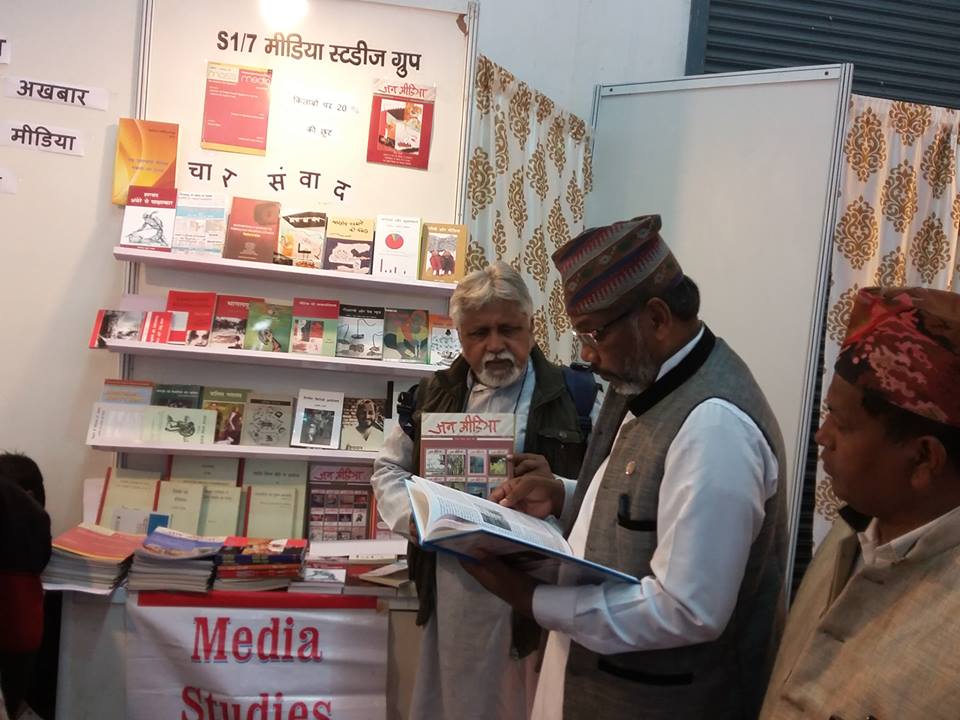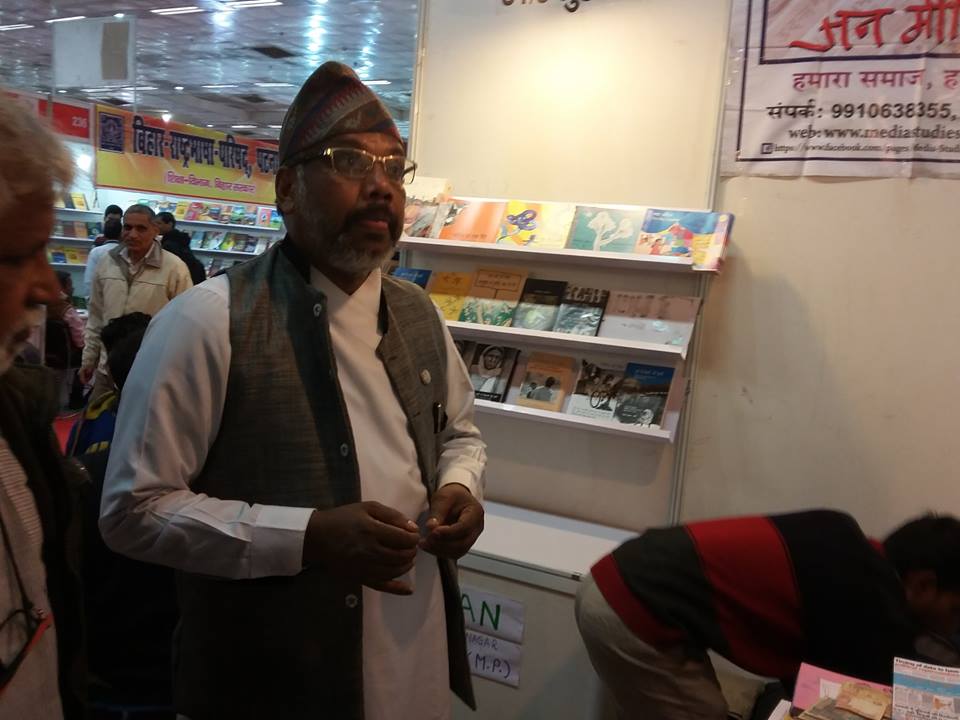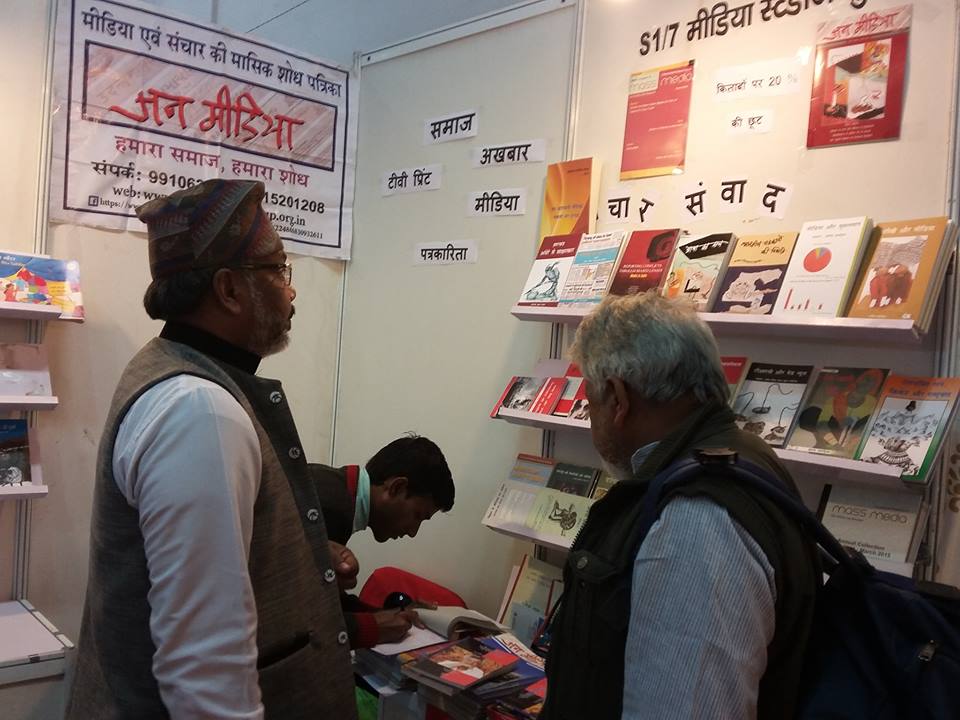After the chess games were over for the first day, having realised that I was a journalist, a soft-spoken person wanted to know the location of Indian Express news bureau (office). I had hired a cycle rickshaw from Patna College to Fraser Road, which could be described as the then Fleet Street of Bihar’s capital where Indian Express, UNI and other news organisations were located. So we moved together. I had a contract with the UNI to cover the entire National Chess championship for them.
My companion in the rickshaw was none other R B Sapre, a former national champion!
The All-India Chess Federation was formed in 1953, and the first official National Chess Championship was held at Eluru (Andhra Pradesh) in May 1955. It saw the crowning of R B Sapre and D Venkayya as the first joint national chess champions. India’s first foray in the Chess Olympiad (the world chess team championship) was in 1956 — in Moscow, Sapre, along with three others, represented India in the Moscow Olympiad.
For years, chess was not important for the sports pages. The game hit the headlines of Indian newspapers in the wake of the 1972 World Championship match between Bobby Fischer (USA) and Boris Spassky (USSR). Fisher had captured the World Chess Championship in a match held in Reykjavík, Iceland. The worldwide interest this match had generated was more than any chess championship before or after ever had.
The National Chess championship in Patna in 1976 was in the backdrop of the Karpov – Fischer World Championship Match (1975) fiasco. Fiasco because the world championships match between Anatoly Karpov and Fischer was highly anticipated, but those hopes were never realised. The 1975 championship was never played due a dispute over the match format — and Fischer forfeited his crown. It thrust young Karpov into the role of World Champion without having faced the reigning champion.
But when the UNI asked me to report the chess tournament, I was totally at a loss. But to prove a point I had to do it well — to claim a fulltime job with the organisation. Problem was that except for knowing the basic moves on the 64-square chess board, taught by my mother years ago, I hardly knew the game. To equip myself, the first thing I did was to buy a book, How to Play Chess, from the advance given to me by UNI. It just managed to brush up my chess knowledge, but was barely helpful in reporting.
In Patna, Sapre was one of the 17 players participating in the chess tournament. There should have been 20, but three had not turned up. He was reporting it for the Indian Express as well. During the rickshaw ride, he realised my predicament — of not only not knowing chess but also having to reporting it sensibly for the newspaper readers.
The tips he gave me for reporting the tournament were useful in covering other events as well. They are still valid nearly 40 years later for budding journalist. The way he treated me also showed his personality — anyone else would have hardly bothered to help a young journalist!
He wanted me to get friendly to players of the tournament — mentioning that some of them were of my age, so it would be easier. That turned out to be somewhat easy, as there not many reporters around. Second, he suggested I should be “talking to the winners of the day, rather than the losers who would be in foul mood.”
“Ask the winner as to why he won and in which move his opponent committed the mistake. Report the important match of the day in detail. To make the report slightly technical and understandable to the chess lover, mention the openings and talk about the endgame. The winner would give you the details.”
These tips made my reports stand out, where I talked of the King’s Indian defence, Najdorf Sicilian, Ruy Lopez, Grünfeld defence — and even endgame of a rook, bishop and pawns against a rook, knight and pawns. The reports were much superior to the rivals’ news items which only mentioned the number of moves and who won against whom. UNI was scoring in newspapers across the country… and so was I!
Post Script: Sapre died in Mumbai on 18 May 1999.


